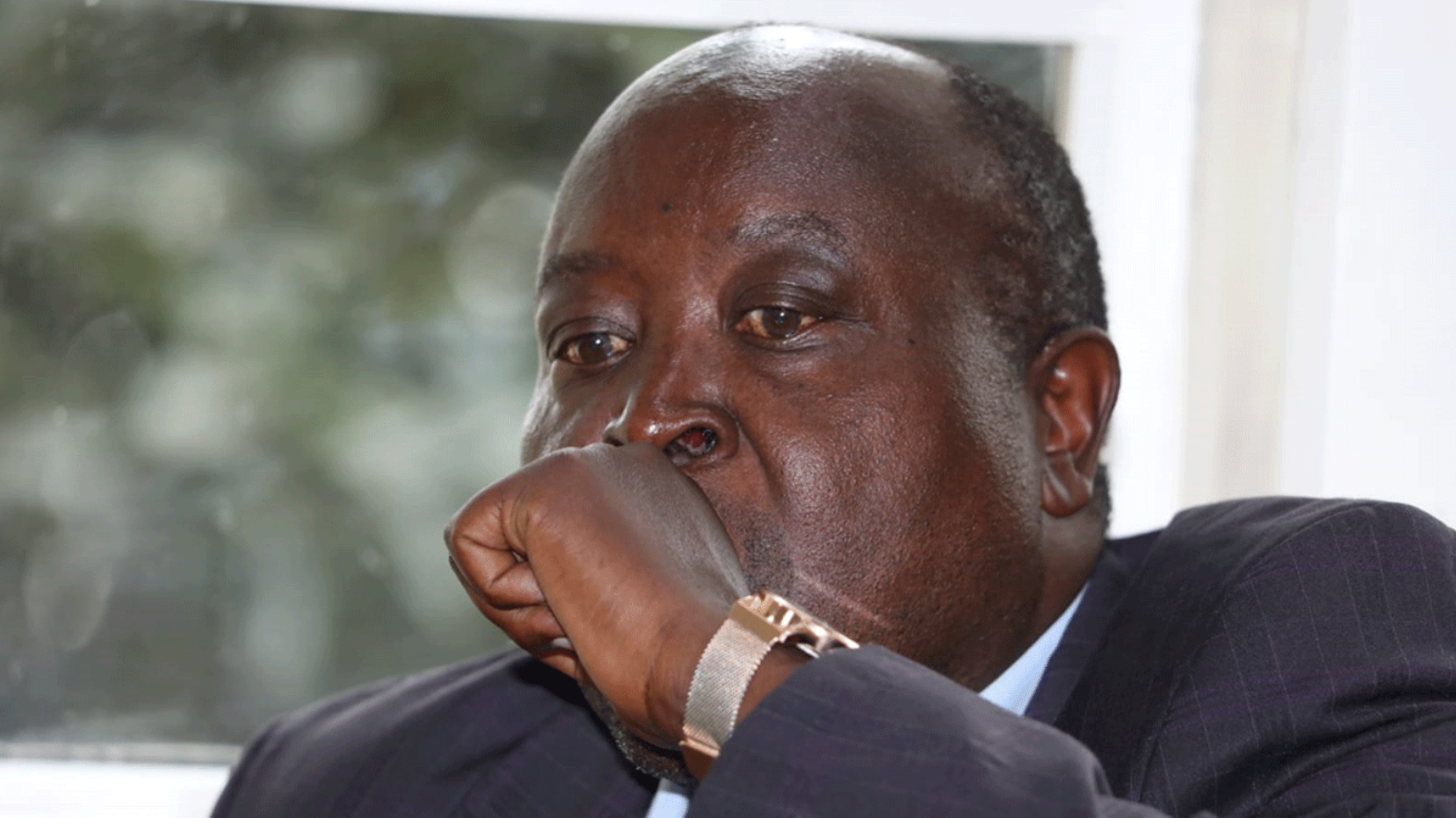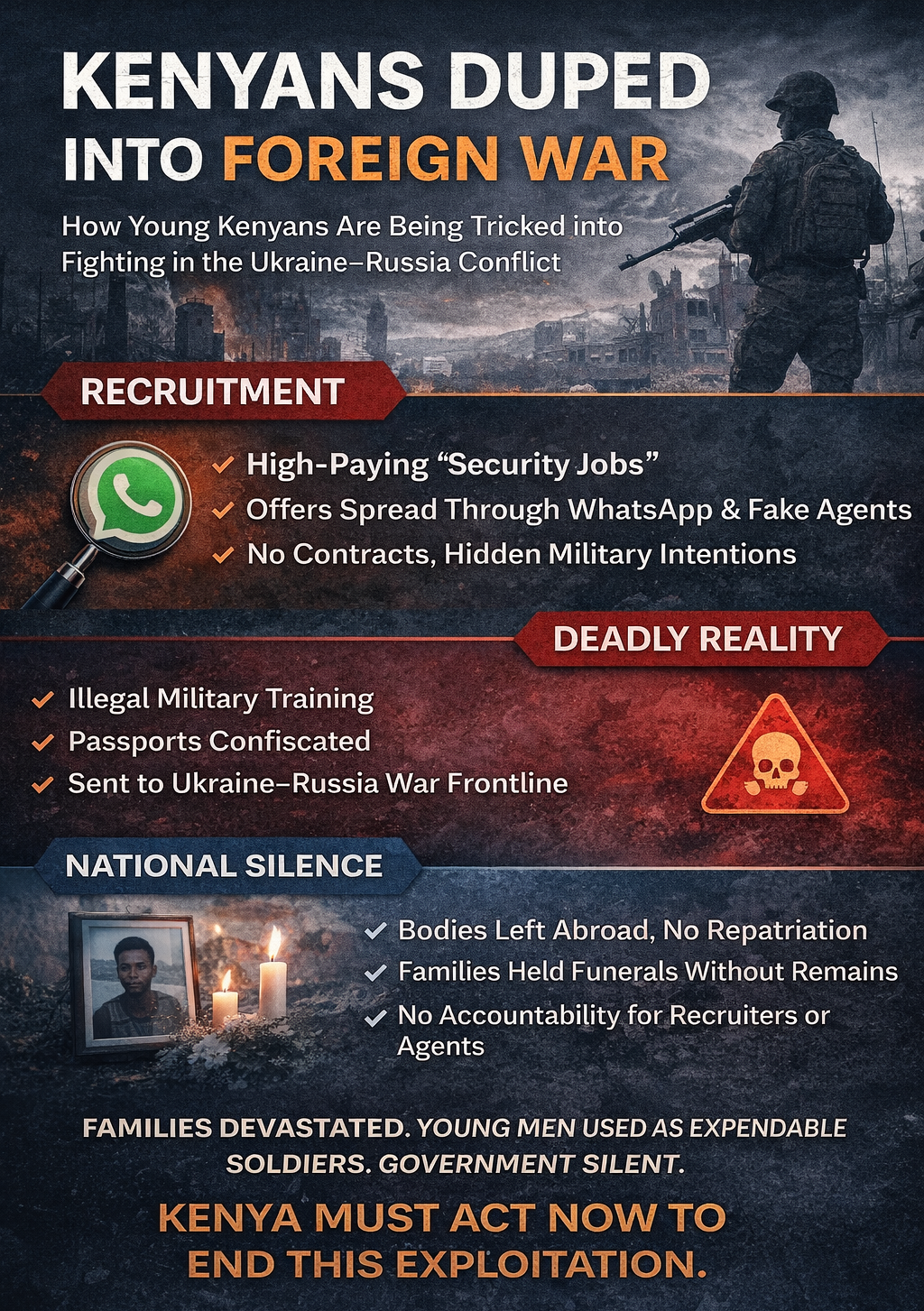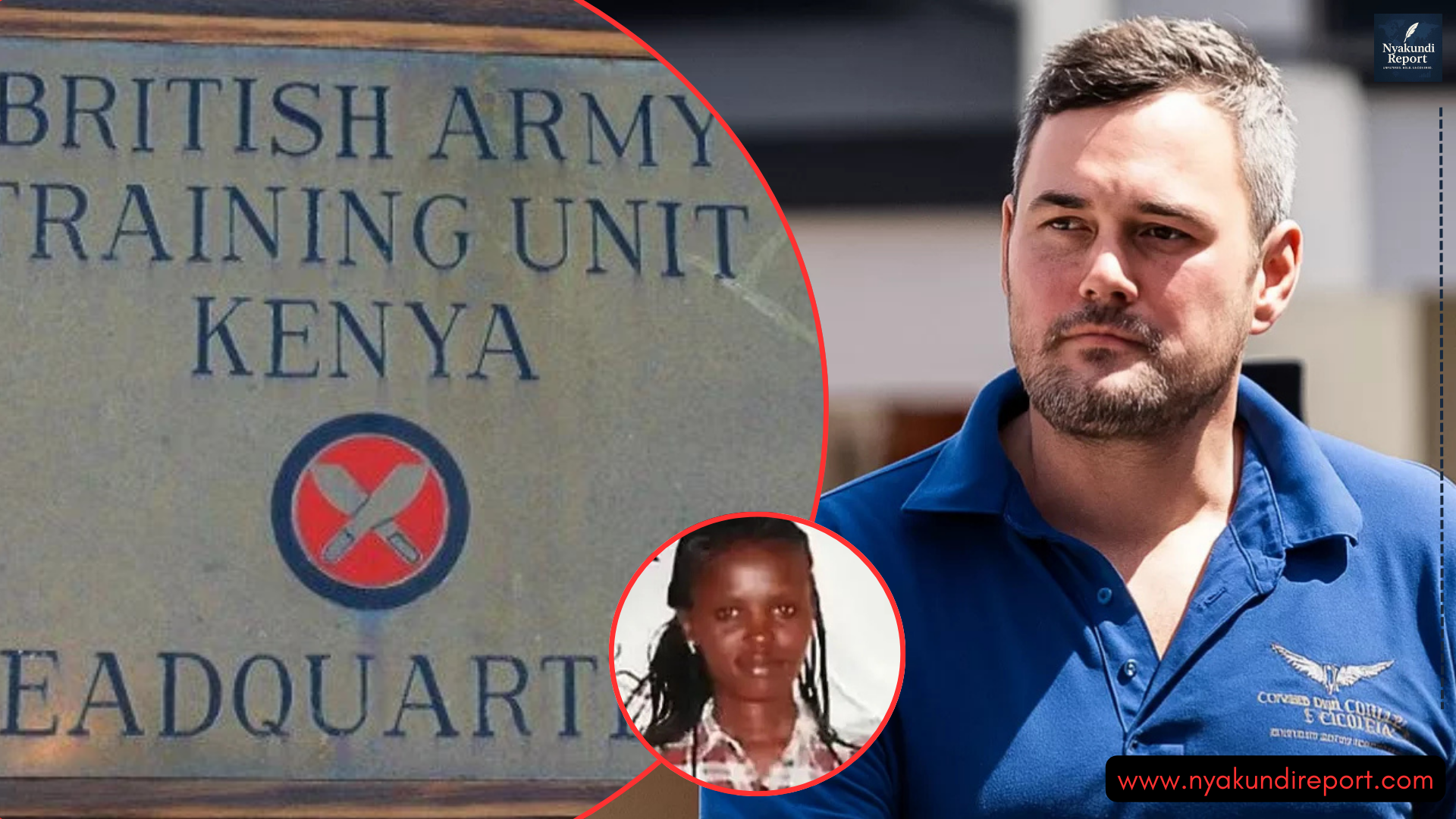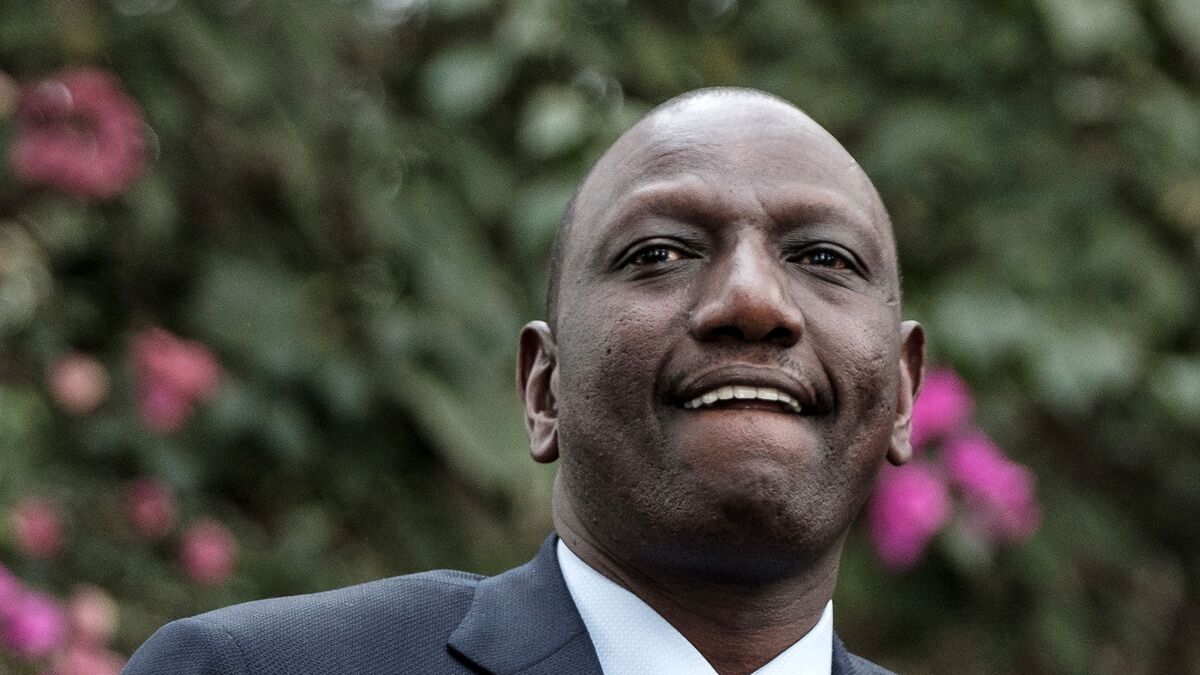Mbagathi Hospital has been dealt a major blow after the High Court ordered it to resume treatment of prisoners despite a long-running debt dispute.
The hospital had suspended medical services for inmates referred by the Kenya Prisons Service (KPS) over an outstanding debt of more than Ksh12 million.
The ruling, however, forces the facility to continue offering services it says it cannot sustain, exposing deep cracks in Kenya’s healthcare funding and accountability.

Mbagathi Hospital Debt Ruling Raises Human Rights Questions
On Monday, September 8, Justice Bahati Mwamuye issued conservatory orders compelling Mbagathi Hospital to immediately resume treatment of inmates. The judge warned that the suspension of care risked violating human rights guaranteed under the Constitution.
Citing Article 43(1), Justice Mwamuye stressed that every person, including those in custody, has the right to the highest attainable standard of health. He further pointed to Article 51(1), which ensures that prisoners retain fundamental rights except those expressly limited by law.
“Having briefly heard Counsel in this matter, and mindful of the provisions of Article 51(1) and 43(1) of the Constitution, this Court is satisfied that there is a significant potential threat of violation or continued violation of the Constitution so as to warrant interim intervention by this Court,” the judge ruled.
The decision temporarily shields inmates from being denied healthcare, but it throws Mbagathi Hospital deeper into a financial storm.
Mbagathi Hospital debt dispute and the unpaid millions
Mbagathi Hospital suspended services to inmates in August after debts ballooned to over Ksh12 million. The arrears, dating back to 2018, left the facility struggling to sustain operations.
According to hospital records, the State had only paid Ksh6.7 million out of the total debt, leaving more than half unsettled. On August 4, the hospital issued a formal notice to KPS, declaring that it would suspend services until the bill was cleared.
The suspension triggered a crisis within prisons where sick inmates faced uncertainty over access to healthcare. Human rights groups raised alarms, warning that denying prisoners medical care was unconstitutional and inhumane.
The court’s ruling now forces Mbagathi Hospital to continue receiving, admitting, and treating prisoners, regardless of whether their conditions are urgent. But the hospital insists that without payment, its ability to provide services remains at risk.
Government ordered to act on Mbagathi Hospital debt
While protecting inmates, the High Court shifted pressure onto the State Department for Correctional Services. Justice Mwamuye directed the department to make a substantial payment toward the debt within 14 days.
The ruling requires a minimum payment of Ksh10 million to be remitted immediately. Further, the department’s Principal Secretary must file a sworn affidavit by September 26 confirming that the payment has been made.
The case will return to court on October 7 for mention, where compliance and next steps will be determined. The conservatory orders remain in effect until October 8, 2025.
The court’s decision highlights a deeper failure by government agencies to meet their obligations. For years, public hospitals have been crippled by delayed payments from government departments, forcing many to cut back on services. In this case, the standoff between Mbagathi Hospital and KPS has exposed inmates to severe risk and placed hospital operations under intense strain.
What the ruling means for health and accountability
This ruling is more than a temporary reprieve for inmates. It underscores how government negligence undermines public healthcare institutions. By ordering Mbagathi Hospital to treat prisoners despite unpaid bills, the court recognized the primacy of human rights. But it also laid bare the dysfunction in public financing.
Hospitals cannot run on promises, yet prisoners cannot be denied care. The burden of debt continues to grow, and unless the government honors its obligations, healthcare facilities will remain trapped in a vicious cycle of service delivery under strain.
The Mbagathi Hospital debt dispute has now become a test case for both accountability and the protection of rights. Whether the State pays up in time will determine not just the future of inmate healthcare but also the credibility of government commitment to constitutional guarantees.








































